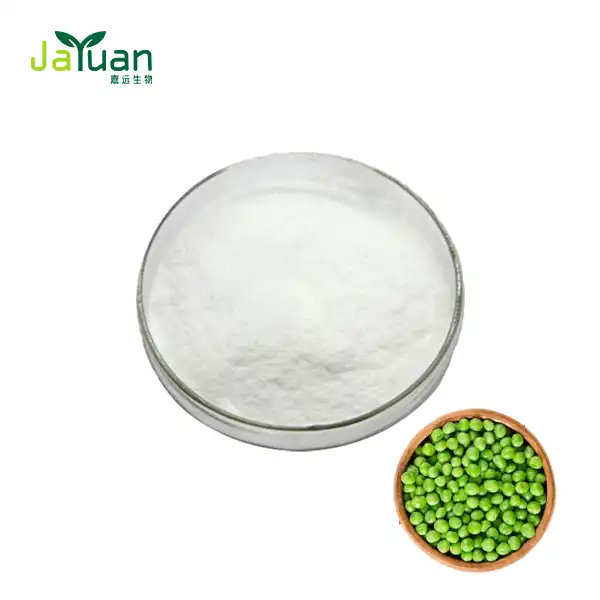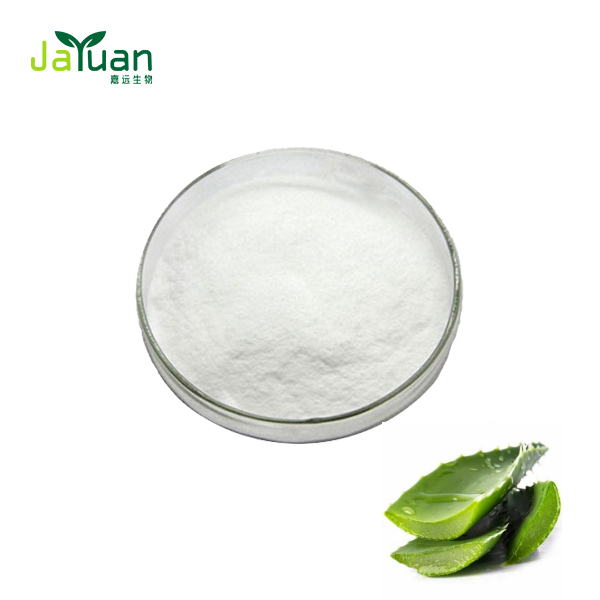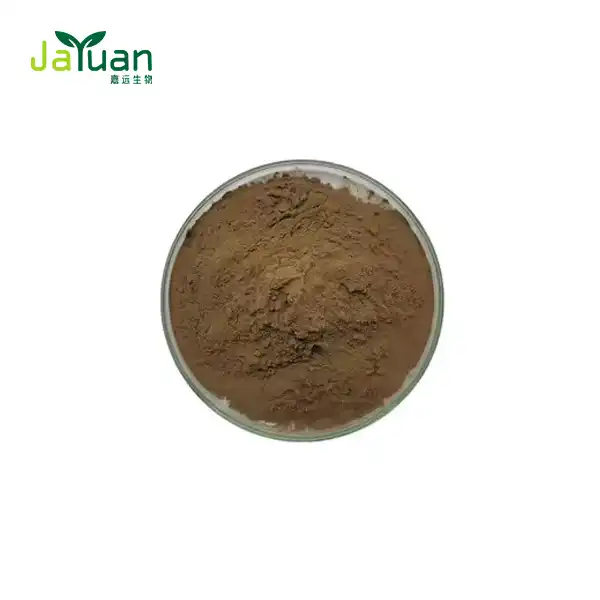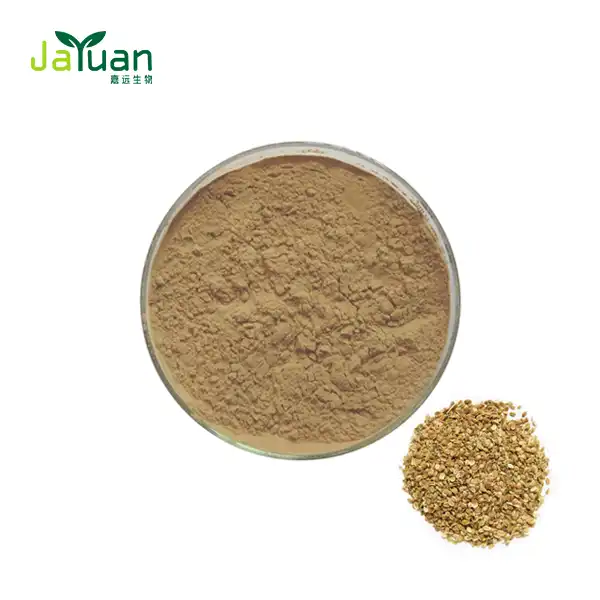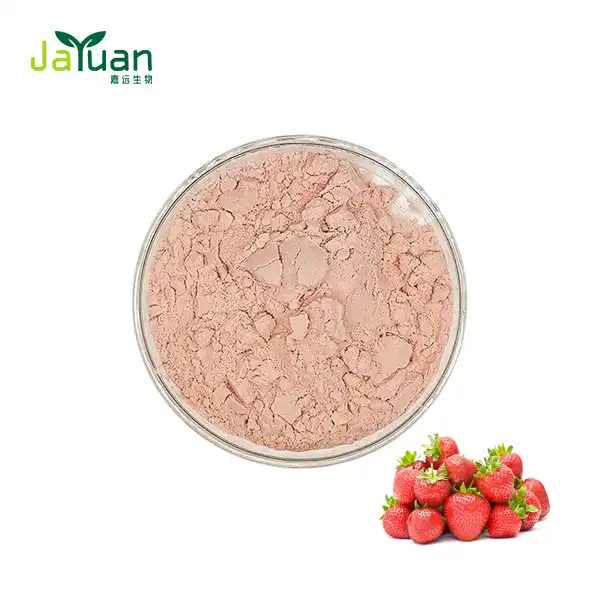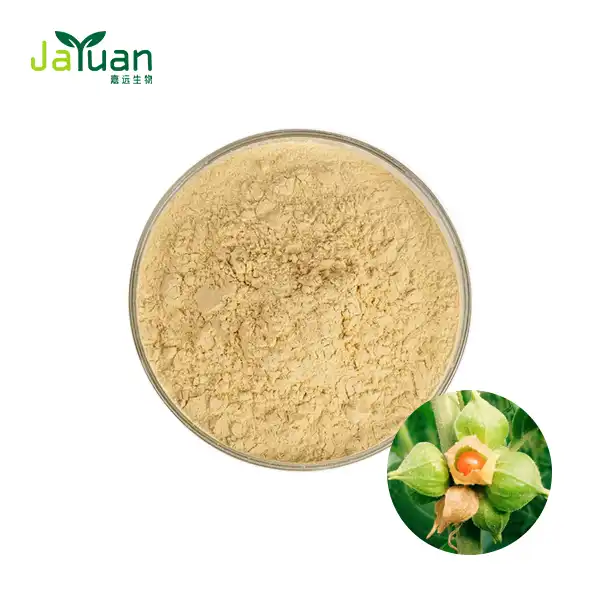Can black soybean powder aid in weight loss?
Natural weight loss methods have gained popularity in recent years, and black soybean powder has surfaced as a possible ally in the pursuit of a more favorable body composition. Made from black soybeans, this nutrient-dense powder has drawn interest for its potential to aid with weight management. Let's investigate the potential advantages of black soybean powder for people trying to lose weight.

The Nutritional Profile of Black Soybean Powder
A concentrated form of black soybeans, which are prized for their high nutritional value, is black soybean powder. These legumes are rich in vital nutrients that may improve general health and even help with weight loss. These nutrients are easily incorporated into a variety of recipes and dietary plans thanks to their powder form.
The remarkable protein content of black soybean powder is one of its most notable qualities. Because it decreases desire, increases satiety, and supports muscle maintenance during calorie restriction, protein is essential for weight loss. Furthermore, dietary fiber, which can aid in better digestion and encourage feelings of fullness, is present in good amounts in black soybean powder.
The powder is also rich in essential vitamins and minerals, such as iron, calcium, and potassium, all of which are crucial for maintaining optimal bodily functions. These micronutrients support various processes, including metabolism, muscle function, and energy production, all of which can indirectly contribute to weight loss by boosting overall health and vitality. Additionally, black soybean powder contains anthocyanins, potent antioxidants responsible for the beans' dark color. These antioxidants may provide a range of health benefits, including reducing inflammation and protecting the body from oxidative stress, which can further promote well-being.
Potential Mechanisms for Weight Loss Support
While research specifically on black soybean powder and weight loss is limited, several potential mechanisms suggest it could be beneficial for those looking to manage their weight:
Protein-induced thermogenesis: The high protein content in black soybean powder may increase the thermic effect of food, meaning the body burns more calories during digestion. This slight boost in calorie expenditure could contribute to weight loss over time.
Appetite regulation: Protein and fiber, both abundant in black soybean powder, are known to promote feelings of fullness and reduce overall calorie intake. By incorporating this powder into meals or snacks, individuals may find it easier to adhere to a calorie-controlled diet.
Blood sugar stabilization: Some studies suggest that black soybeans may help regulate blood sugar levels. Stable blood sugar can prevent sudden hunger pangs and reduce cravings, which is beneficial for weight management.
Metabolic support: The antioxidants in black soybean powder, particularly anthocyanins, may help improve metabolic function. A well-functioning metabolism is crucial for effective weight loss and maintenance.
It's important to note that while these mechanisms are promising, more research is needed to fully understand the direct impact of black soybean powder on weight loss in humans.

Incorporating Black Soybean Powder into Your Diet
If you're intrigued by the potential benefits of black soybean powder for weight loss, you might be wondering how to include it in your diet. Fortunately, this versatile ingredient can be incorporated into your meals and snacks in various ways:
Smoothies and shakes: Add a scoop of black soybean powder to your morning smoothie or post-workout shake for a protein boost.
Baked goods: Substitute a portion of flour with black soybean powder in recipes for muffins, pancakes, or bread to increase the protein content.
Soups and stews: Stir some powder into your favorite soup or stew recipes to thicken the consistency and add nutritional value.
Yogurt topping: Sprinkle black soybean powder over your yogurt for added texture and nutrients.
Homemade energy bars: Use the powder as an ingredient in homemade protein or energy bars for a nutritious snack.
When incorporating black soybean powder into your diet, it's crucial to remember that it should be part of a balanced eating plan. While it may offer potential benefits for weight loss, it's not a magic solution. Sustainable weight loss requires a holistic approach that includes a nutritious diet, regular physical activity, and healthy lifestyle habits.
It's also worth noting that individual responses to dietary changes can vary. Some people may experience digestive discomfort when introducing new high-fiber foods like black soybean powder. If you're new to this ingredient, start with small amounts and gradually increase your intake to allow your body to adjust.
As with any significant dietary change, especially if you have existing health conditions or are taking medications, it's advisable to consult with a healthcare professional or registered dietitian before adding black soybean powder to your weight loss regimen. They can provide personalized advice and ensure that this addition aligns with your overall health goals and needs.
Conclusion
In conclusion, while organic black soybean powder shows promise as a supportive tool for weight loss due to its nutritional profile and potential metabolic benefits, it's essential to approach its use as part of a comprehensive weight management strategy. By combining this nutrient-rich powder with a balanced diet and regular exercise, you may find it easier to achieve and maintain your weight loss goals. Remember, sustainable weight loss is a journey that requires patience, consistency, and a holistic approach to health and wellness.
If you're interested in learning more about plant extracts and their potential health benefits, don't hesitate to reach out to us at sales@jayuanbio.com. Our team of experts is always ready to provide you with high-quality information and products to support your health and wellness journey.
References
- Kim, K., et al. (2007). Hypoglycemic and antioxidant effects of black soybean anthocyanins. Nutrition Research and Practice, 1(4), 266-269.
- Leidy, H. J., et al. (2015). The role of protein in weight loss and maintenance. The American Journal of Clinical Nutrition, 101(6), 1320S-1329S.
- Slavin, J. L. (2005). Dietary fiber and body weight. Nutrition, 21(3), 411-418.
- Wu, X., et al. (2004). Lipophilic and hydrophilic antioxidant capacities of common foods in the United States. Journal of Agricultural and Food Chemistry, 52(12), 4026-4037.
- Bowen, J., et al. (2006). Appetite regulatory hormone responses to various dietary proteins differ by body mass index status despite similar reductions in ad libitum energy intake. The Journal of Clinical Endocrinology & Metabolism, 91(8), 2913-2919.

